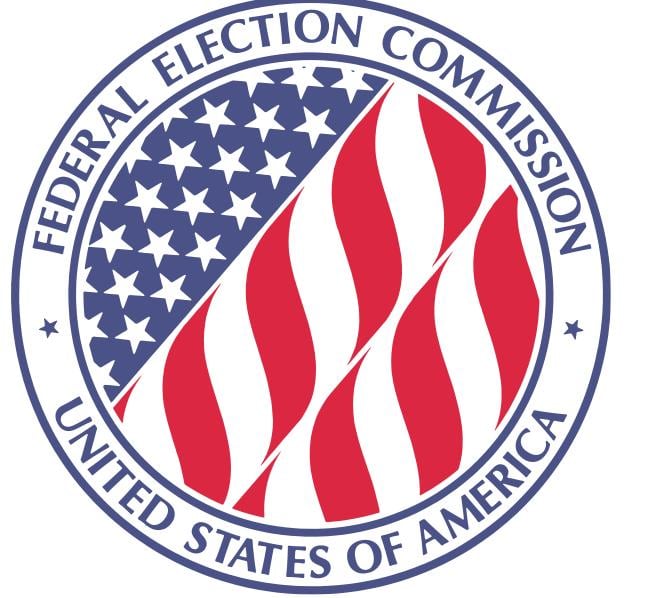
At the present time, it isn’t illegal for political campaigns to incorporate bitcoins into their fundraising efforts. Many political incumbents and hopefuls do want some clarification from the Federal Reserve and the federal government, particularly the Federal Election Commission (FEC).
Late last week, the FEC confirmed that it would review a request put forward by the Make Your Laws political action committee (PAC) that would permit voters to contribute bitcoins to political campaigns ahead of this year’s mid-term elections.
The proposals are quite modest: a maximum of $100 contributions, donors must provide their full contact information, each donation must be the contributor’s own and donations would be converted into dollars.
“We strongly believe that campaign finance needs to be done in a transparent, auditable, and responsible manner. We also want to give our users the ability to make political contributions using Bitcoin,” the PAC in its summary of the draft proposal. “Because of the legal context of this request, we can only ask the FEC to approve our own activity; we can’t ask them to impose requirements on other political committees. However, if we are successful in getting the FEC’s approval for our method, it’s likely that other political committees will adopt the same policy.”
One day after it made bitcoin headlines, though, the FEC said that it would be delaying any vote on the request, which surprised some. However, it was reported by The Hill that FEC commissioners are optimistic that a compromise between both sides can be met. One compromise would be to put a cap on donations, such as the $100 maximum contribution.
“I have serious concerns about allowing unlimited bitcoin political contributions,” said Vice Chairwoman Ann Ravel. “[Money] allows for anonymous and untraceable transactions, which would clearly undermine what is the most important, in my mind, purpose of campaign finance laws, and that is transparency and the disclosure of political spending. I am definitely unwilling to go that far.”
FEC commissioner Ellen Weintraub noted that the suggestion would seem like something the governmental body could agree on.
Since the United States is in the midst of an election year, several political candidates have added the bitcoin tool to their arsenal of fundraising methods. One of the biggest political candidates to incorporate bitcoin this year is Texas Attorney General Greg Abbott, who is running for governor of the Lone Star State as a Republican.
In addition, we reported last week that Oakland mayoral candidate Bryan Parker is using bitcoins for fundraising. He has also made the virtual currency an important part of his platform: Parker wants to utilize bitcoin as a way to address poverty and to improve the California city’s economy.
“It’s just like how you get people interested in the banking industry in general, but people have had mistrust of banking,” said Parker. “We go in and do education. We partner with organizations that are in the community. And if you live in a bad neighborhood, you’re not walking around with cash anymore. It’s in your electronic wallet.”
Other candidates include Texas Republican Congressman Steve Stockman (Senator), Libertarian Darryl W. Perry (President), Eric Brakey (State Senate) and Blaine Richardson (Congress).
It still remains to be seen if either the Democratic or Republican National Committees will install bitcoin technology into the presidential campaigns during the 2016 election.







